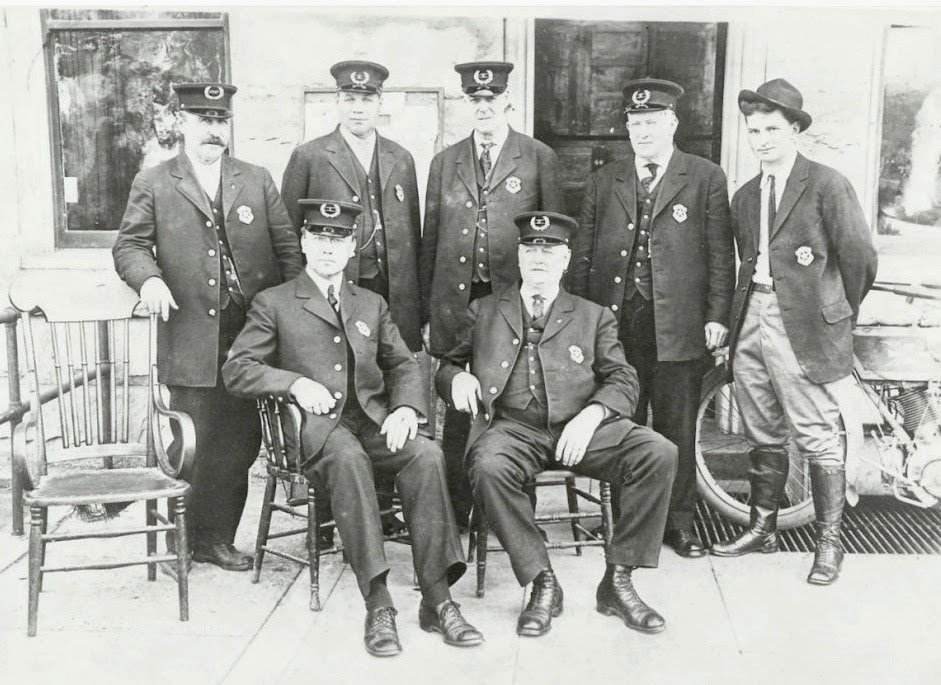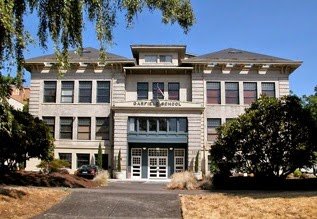World Events
- China gives Japan railway concessions in Manchuria. Ito Hirofumi, four times Prime Minister in Japan and Resident General of Korea, is assassinated in the Harbin Railway Station in Manchuria.
- Albert I succeeded his father, Leopold II, as ruler of Belgium. He would prove to be a far different ruler than his father: sincerely religious, brave in defending his people in the WW I German invasion, promoting universal suffrage and education.
- British explorer Ernest Shackleton with his Nimrod Expedition reaches near the South Pole, but must turn back due to dwindling supplies.
- Robert Peary, Matthew Henson and four Inuit guides come close to North Pole. Henson actually came closest and planted the flag.
- Republican William Henry Taft is elected 27th. President of the U.S. after serving as Governor of the Philippines, U.S. Attorney General and Secretary of War.
- General Motors is founded by William C. Durant in Detroit, selling various assembled automobiles under different brand names.
- The NAACP, the National Association for the Advancement of Colored People, is founded.
- New American Books: Exultations, Ezra Pound. Girl of the Limberlost, Gene Stratton-Porter, and Three Lives, Gertrude Stein.
In Salem
Garfield School, designed by Fred Legg, is constructed at 528 Cottage Street following the American Renaissance style typical of schools built at that time. By 1959 it was the oldest school building in the district: Superintendent Schmidt suggested it be closed because of fire dangers. However, parent protests against closing this neighborhood school kept it open until 1973.
When you Visit
At that time, a zone change by the Planning Commission allowed it to be renovated and used as an office building. It was listed on the National Register in 1981.The school has retained its original appearance, and thanks to its being designated on the National Register of Historic Places, it may be shared the demolition that has doomed other buildings of that time. Its interior has been completely renovated, abolishing the classrooms, and is used for offices.
During the summer, many Salem residents enjoy shopping at the Saturday Market, just to the east, and park in the lot that once served the school itself.
Other Events
 |
| 1915 Salem Police Department |
- In 1909, Salem’s Police Department lost it only officer killed in the line of duty. Thomas M. Eckhart was 45 years old and the father of 5 children when he arrested George Meyers who had stolen a horse. While being led away to jail, Mr. Meyers pulled out a gun and shot Officer Eckhart. The Meyers conviction for murder was overturned and there is no evidence of any further incarceration at the state penitentiary. Neither our Police Department nor his family has any photograph of Officer Eckhart, although possible the men in the photograph above probably served with him. Mr. Eckhart had previously served Chief of the Salem Fire Department, resigning in 1901. He is buried in Pioneer Cemetery beside his wife Rose. More information from that website is here. His name is inscribed at National Law Enforcement Memorial in Washington, D.C. Here is enlargement of his name.
- Additional information, supplied by Brian Goforth, Eckhart’s great-grandson:
“Following the second trial, Meyers was sentenced to the Oregon State Prison. He was sentenced in 1911 (that’s how long it took for the two trials to play out) and served about two years. According to the newspaper articles, he apparently was a model prisoner and was given privileges such as work releases. He was pardoned by the then-governor Oregon governor Oswald West in 1913. The newspaper reported that Meyers went to Seattle and lived there for a time. In 1915, again as reported in the newspaper, Meyers stopped in Salem to visit family and friends on his way to San Francisco. He told people that he was going to San Francisco to get married. According to the newspaper, when he arrived in San Francisco, he found that the woman he was to marry had married someone else. He shot and killed her, then took his own life! How’s that for a twist of events?”
There have been no other “on duty” fatalities among our police for the 101 years since this event.
189 sworn police officers and 109 civilian employees currently staff our police department. It subscribes to the Community Oriented Policing model to bring police and citizens together to better fight crime. The Citizen Police Academy is a 13-week class, limited to 20 citizens, to inform and educate citizens in police practices.
- Due to the unhealthy drinking water, the City Council authorizes the purchase of the Salem Water Company. Citizens for a Mountain Water Company gain enough votes to secure a bond issue of $400,000.
- The Salem Fruit Union plant is operating on Trade Street (on the site of today’s Pringle Park).
- US National Bank is constructed at Commercial and State Streets. (This is now Pioneer Trust.)
- Fred Legg designs a new Oregon School for the Deaf at its present location on Locust Street. The former school building on Turner Road becomes the Oregon Tuberculosis Hospital.
- Eaton Hall is built at Willamette University.
- The Korb family builds a home on 5th. Street in the present Grant neighborhood. The house is now rebuilt after a renovation project caused its collapse.
- Jefferson Pooler constructs three Court Street houses associated with the Spaulding and Griffith families. Charles K. Spaulding purchases these Craftsman house as wedding presents for his three adult children: Mrs. Roy (Beulah) Mills, Mrs. Lewis (Ila) Griffith and Walter, who married Nettie Miller. Dr. John Griffith, son of Lewis and Ila, still lives in his parents’ former home. Another Pooler design is the Abrams House with Mill Creek directly at the back of the house: a bridge leads to the back lawn. The Pooler houses are all featured in the SHINE Court-Chemeketa Walking Tour.
- Daniel Fry, a Commercial Street druggist, purchases the house at 606 High Street, built in 1859 by Showalter Smith. This is now known as the Smith-Fry House. The Fry property included all of Rattlesnake Hill, which became known as Fry’s Hill. Mr. Fry built houses around the base of the hill on High, Leslie and Church Streets as homes for his two adult children and as rentals for his employees. In later years (perhaps in the 1920s?), this neighborhood bordered by Church, Mission, Liberty and Pringle Creek gained a new name, Gaiety Hill. That designation is now given to this section of the Gaiety Hill/Bush’s Pasture Park National Register Residential Historic District. These historic houses can be viewed on the SHINE Gaiety Hill/Bush’s Pasture Park Walking Tour,
- The building that had previously been Alvin Waller’s 1853 Methodist Church was photographed this year. By this time it had been moved to a Liberty Street location was serving as Olmstead’s Steam Laundry.
- George Chamberlain resigns as governor when he elected this year as a United States senator.
From the Capitol Journal:
- Oregon’s House of Representatives, meeting in Salem, voted to abolish the murderous hatpin of over 10 inches in length. Milliners protested, saying the law would affect the sale of Merry Widow hats and ruin some milliners.
- Ye Liberty Theater advertised: “Educational and comic pictures only ~ we guarantee nothing sensational will be shown.”
- Meyer and Belle Land Company offered a fine, five room house with bath, electric lights, water and a 66 by 50 foot lot for $1,150; cash down, $650.
- The stern-wheeler Pomona arrived at Salem with 100 hop pickers and their enormous load of baggage. The steamer had difficulty getting over the Willamette River shoal and put her donkey engine to work hauling over shallows with the aid of stilts.
(See Ben Maxwell’s Salem, Oregon, edited by Scott McArthur, 2006)



2 Comments